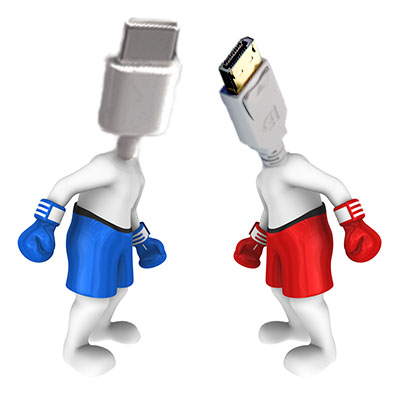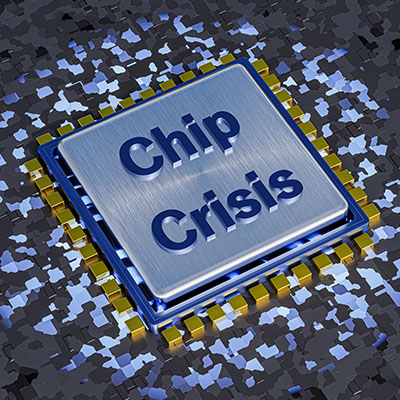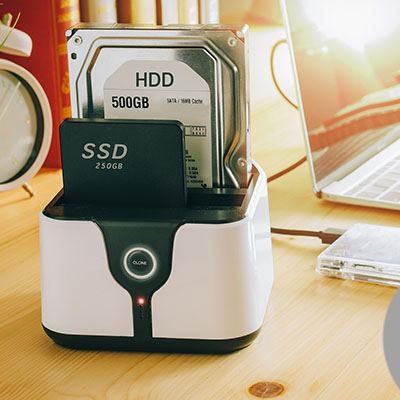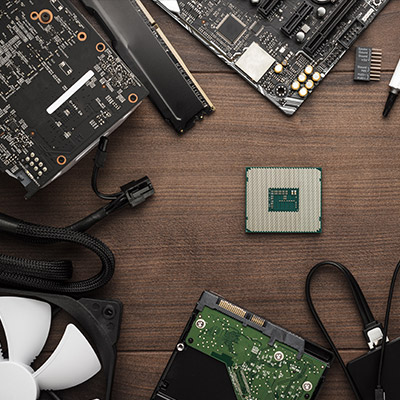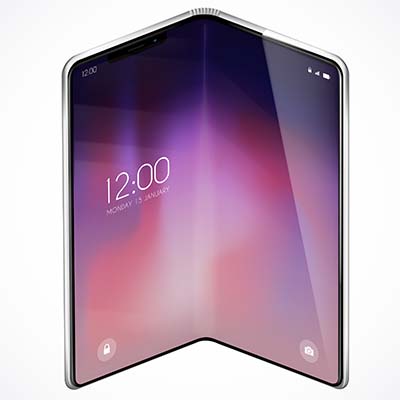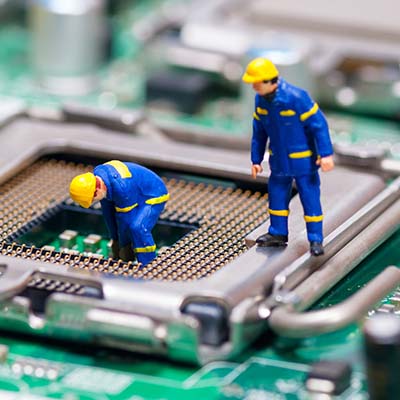Apple has long been a key part of the technology industry, producing quality hardware year after year. Although Apple tends to produce sleek and high-end hardware running its proprietary operating systems, these devices are far from perfect and were especially controversial at certain points in the past.
The next time you’re near a desktop, take a peek at the back where the motherboard’s various ports offer the opportunity to connect to different cable types. Many of these cables have overlapping functions—like the capabilities of USB and HDMI. Having said that, however, one of these cables will probably outlast its contemporary.
When it comes to procuring new technology solutions for your business, what is your preferred method of doing so? If you haven’t thought about it, perhaps you should start. Gartner predicts a major decrease in PC shipments for the remainder of 2022. This has significant implications for any technology user, but this is especially true for business owners who might need to consider hardware refreshes in the near future.
The hard drive is an essential component of every computer. When you start looking at new computers you may notice that there are two different types of hard drives available. There are the HDD (hard disk drive) or the SSD (solid state drive). Today, we’ll go through what the difference is and what benefits you may get from outfitting your hardware with solid state drives.
Sometimes it might be tempting to just smack your computer to make it work appropriately, and while it’s often a joke that this can fix the problem, it’s not something that we would recommend you get used to doing. Let’s discuss why it might not be a good idea to abuse your computer.
Businesses that utilize technology often try to make it last as long as possible to avoid the costs of overhauling their entire infrastructure. This can cause a lot of damage in the long term, though, especially if this practice leads to keeping technology longer than necessary. Let’s examine some of the variables that go into technology refreshes and how you can know when it’s time to do so.
If you have tried to replace any hardware over the past couple years, chances are you were either met with significant disappointment or a hefty price tag. There is currently a hardware shortage—particularly for business electronics—and the entire business technology industry is reeling from it. If your organization depends on technology, as many do, you need to understand how this shortage could impact your day-to-day operations.
The cloud is a tool that businesses can use to improve operations in a variety of ways. Through the use of the cloud, businesses can dramatically alter the way they conduct themselves, many of which can reduce costs. If you implement cloud solutions, you can expect them to improve accessibility, enable scalability, and improve flexibility, all of which contribute to cost savings in the long term.
We’ve been covering some of the biggest names in the smartphone market over the past couple of weeks, but that’s not to say that there aren’t others out there—some of which are incredibly innovative, but also quite expensive. Let’s examine some of these options.
A time may come when your business needs new hardware, so you will have to make the best and most educated decisions when it’s time to do so. This process can be difficult without the help of your resident tech professional, though. Maybe we can give you a hand!


